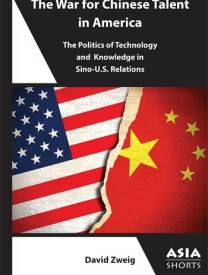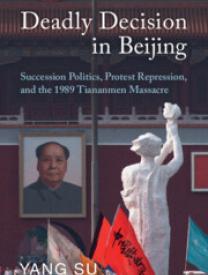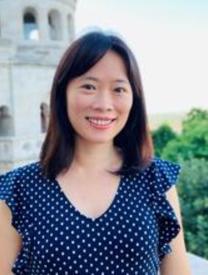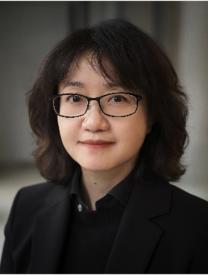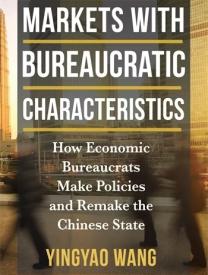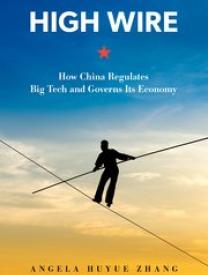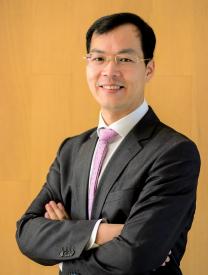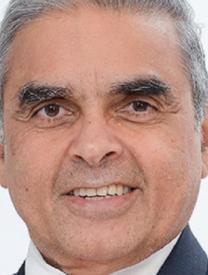Each year, the CSCC invites leading experts to Penn to present their research and share their knowledge about contemporary China. Typically scheduled for Wednesday afternoons 4:30-6 pm, speakers will deliver their remarks and then entertain questions from the audience. Attendance is open to the entire Penn community. Announcements about upcoming talks will be posted on the CSCC website and disseminated via the Center’s listserv. To be added to the listserv, please visit our signup page https://groups.sas.upenn.edu/mailman/listinfo/cscc-announce.
Past Speaker Series
The War for Chinese Talent in America: The Politics of Technology and Knowledge in Sino-U.S. Relations
David Zweig, Professor Emeritus, The Hong Kong University of Science and Technology
Professor Zweig discusses his new book The War for Chinese Talent in America: The Politics of Technology and Knowledge…
Deadly Decision in Beijing: Succession Politics, Protest Repression and the 1989 Tiananmen Massacre
Yang Su, Professor of Sociology, UC Irvine
Professor Su discussed his recent book Deadly Decision in Beijing: Succession Politics, Protest Repression and the 1989…
The Gilded Cage: Technology, Development, and State Capitalism in China
Ya-Wen Lei, Professor of Sociology, Harvard University
Based on her book The Gilded Cage, Professor Lei will…
Planning Healthy Cities in China
Wang Lan, Chair Professor of Healthy City Science and Planning, Tongji University
Co-sponsored by Penn Institute of Urban Research
Professor Lan Wang’s research focuses on the mechanisms of urban built environment affecting…
WeChat, Diaspora, and a New Chinese Transnationalism
Wanning Sun, Professor of Media and Cultural Anthropology, University of Technology, Sydney
Co-sponsored by Center on Digital Culture and Society, Annenberg School for Communication…
Markets with Bureaucratic Characteristics: How Economic Bureaucrats Make Policies and Remake the Chinese State
Yingyao Wang, Assistant Professor of Sociology, University of Virginia
Professor Wang will discuss her new book titled Markets with Bureaucratic Characteristics: How Economic Bureaucrats…
High Wire: How China Regulates Big Tech and Governs Its Economy
Angela Zhang, Associate Professor of Law, University of Hong Kong
Co-sponsored by Center for Technology, Innovation & Competition, Penn Carey Law.
China has long been recognized as a powerhouse in cultivating Big Tech firms, emerging as a formidable rival to…
The Rise of Foreign Relations Law in China: Conceiving Law and the World
Chen Yifeng, Associate Professor, Peking University Law School
China’s enactment of a Foreign Relations Law in 2023 is an important move towards legalization of China’s conduct of foreign relations. The law is a milestone in its consolidating several earlier law-making endeavors…
Political Centralization under Xi Jinping: Strategic Adaptation by Local Cadres
Jessica Teets, Professor of Political Science, Middlebury College
Xi Jinping has been centralizing policymaking and supervision of local cadres beginning in 2016. Using survey data of 1,500 cadres in 28 provinces, we analyze the impact of these institutional changes on local cadres…
China’s Role in the World in the Year of Elections
Kishore Mahbubani, Perry World House Visiting Fellow, Former President of the United Nations Security Council
As people around the world go to the polls and elect new government officials, leaders in Beijing may need to navigate new political landscapes around the world. Candidates in elections from Taiwan to the United…

